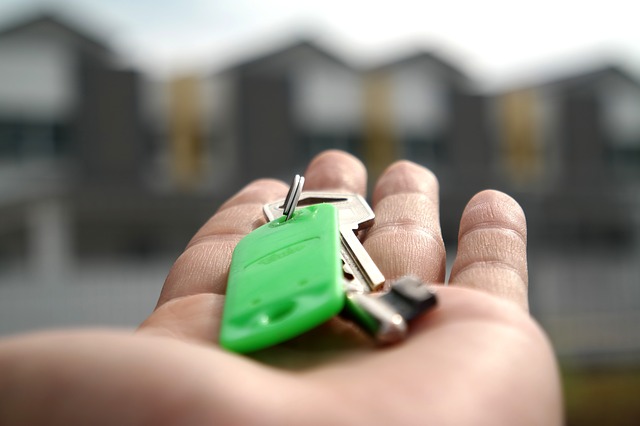The house isn’t in my name but do I still have rights to it?
 For those who are married, the Courts will consider the family home as a special asset that is central to the marriage. If the relationship breaks down and you file for divorce, there would need to be an exceptionally good reason for the family home to not be divided equally - as ruled by the existing main divorce legislation.
For those who are married, the Courts will consider the family home as a special asset that is central to the marriage. If the relationship breaks down and you file for divorce, there would need to be an exceptionally good reason for the family home to not be divided equally - as ruled by the existing main divorce legislation.
If one party claims that the other is to blame for the end of the marriage, this reason is highly unlikely to have any bearing or influence on the outcome when it comes to a judge deciding whether a family home should be divided equally following the divorce.
The behaviour or conduct, as it is referred to legally, would need to be significant in order for a judge to be persuaded when coming to a decision.
The Court is likely to take the view that those in a marriage do not typically behave well during the breakdown of their relationship, therefore the behaviour and conduct, regardless of how hurtful, spiteful or unjust it may seem, is likely to be deemed irrelevant in most cases when determining how the existing property and financial situation should be divided between each party during a divorce.
Dividing matrimonial property
There are different reasons as to why a property may be owned by just one individual within the relationship. Some of the more common reasons include a property being owned by one of the parties before the marriage, or one of the parties having a poor credit rating and therefore being advised that obtaining a mortgage would be easier if the property was registered in just the one name.
If just one person owned the property for several years before you moved in together or married, this doesn’t automatically mean that the property will not be considered a matrimonial asset.
If the marriage lasted no longer than just a couple of years there is a chance a judge would at least take into account that just the one partner actually owned the property before the relationship had started.
With that said, if children happen to be involved, they would take priority and the need to provide them with a home would be a far more important consideration than what each partner contributed to the marriage or who owned what individually before the relationship began.
If the marriage has been a long-lasting one, a judge is likely to dismiss the prior sole ownership entirely.
If one partner owned the property and paid the mortgage from an account in just their name, while the other partner contributed towards food, holidays, clothing etc. a judge is likely to come to the conclusion that each spouse contributed to the marriage in different ways, therefore they are unlikely to quickly rule out that the property deserves to be shared in some way.
Follow these 7 steps to find the right divorce lawyer.
Potential problems with sole ownership during divorce
Some may see divorce as an opportunity to quickly cut all ties, both physically, emotionally and financially. Not only does divorce proceedings take quite a while to sort out, but it is often difficult for one or both partners to move forward as quickly as they would like due to things such as affordability. This could lead to further problems if both parties remain in the property while sorting out their next step.
This is because a mortgage lender will deem the property owner as the person responsible for the mortgage payments and nobody else. If the homeowner cannot afford to pay the mortgage, there may be a need to apply for a maintenance order from the non-homeowner to help with the payments so that the house isn’t repossessed.
Another potential problem is that the the homeowner can sell the property without the other’s permission. This could lead to problems for the non-homeowner unless they can obtain a right of occupation.
Are you in the middle of a divorce or separation? If so and you’d like professional advice, or if you’d like to learn more about any other legal service that we offer, don’t hesitate to get in touch with out expert solicitors here at Fonseca Law. Call us on 01495 303124, e-mail enquiries@fonsecalaw.co.uk or complete our online contact form.
